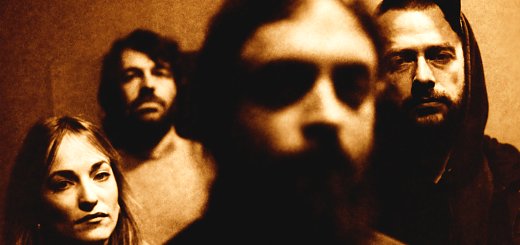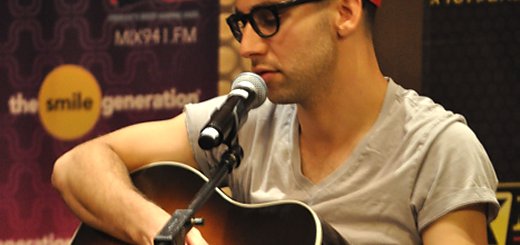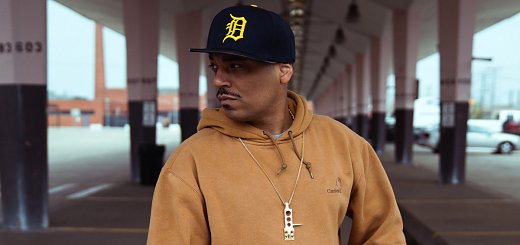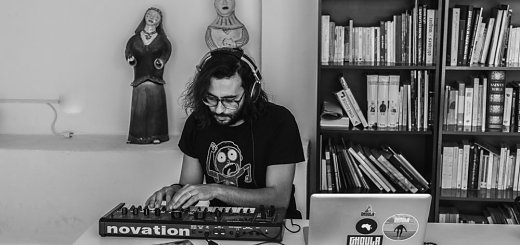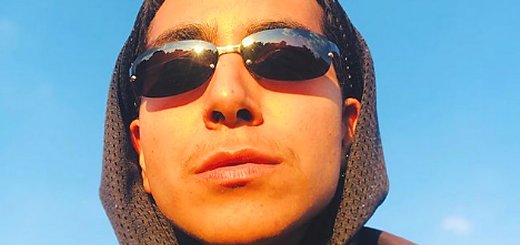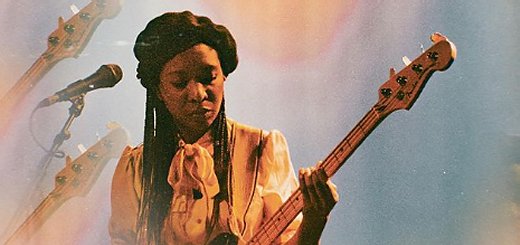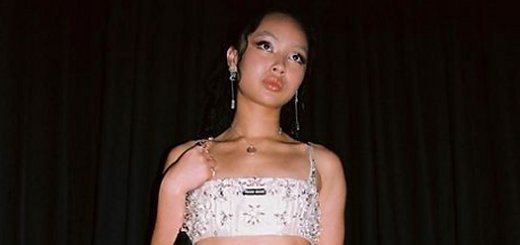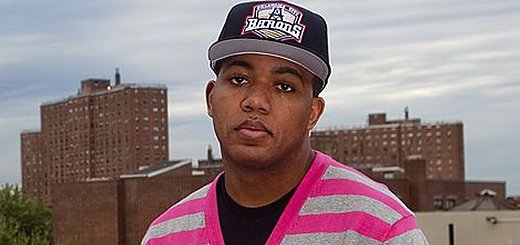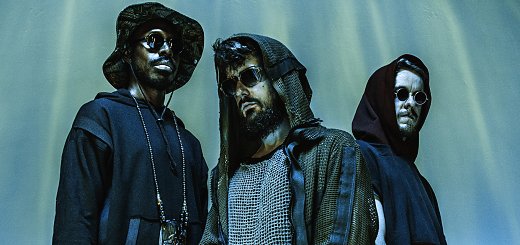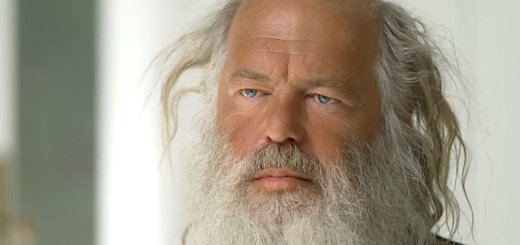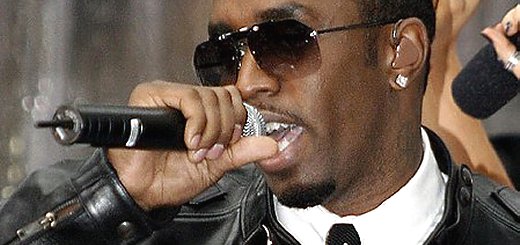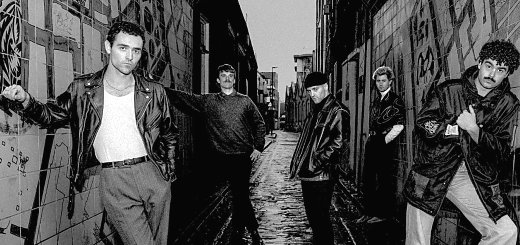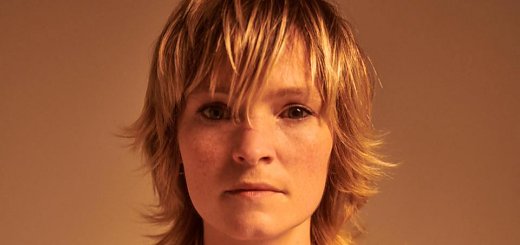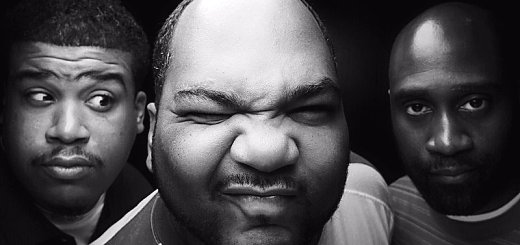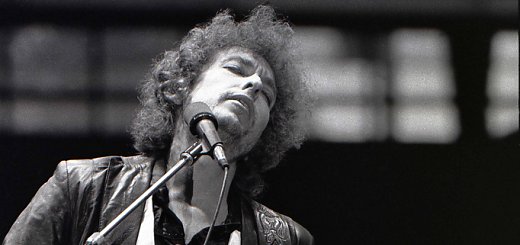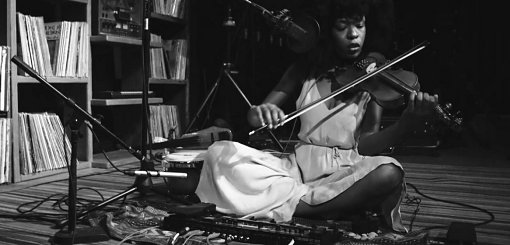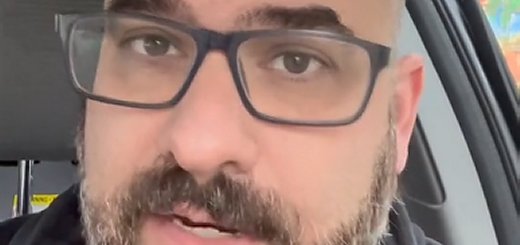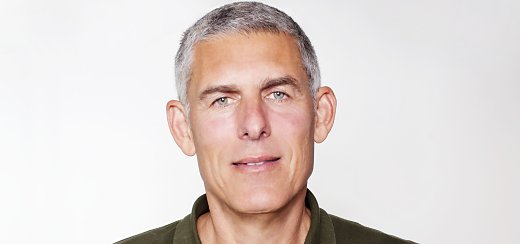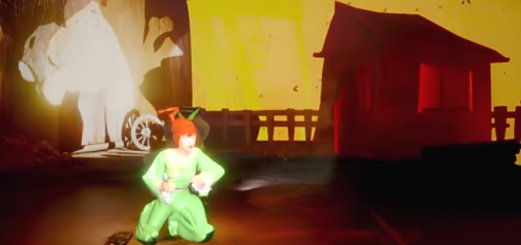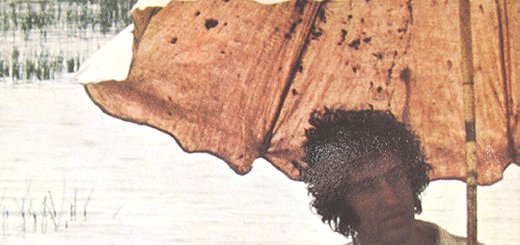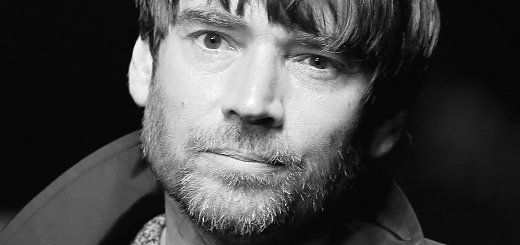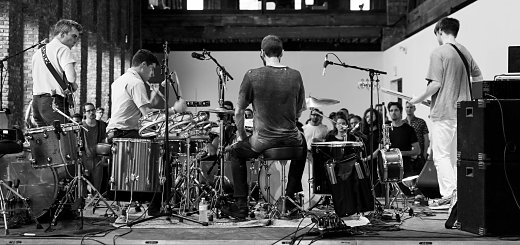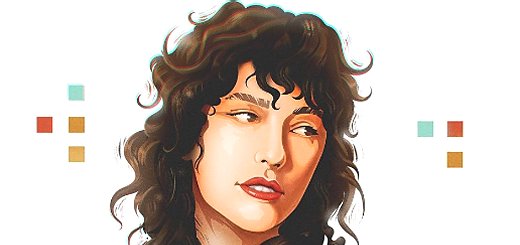House producer Channel Tres: I liked to dance, and that wasn’t always cool
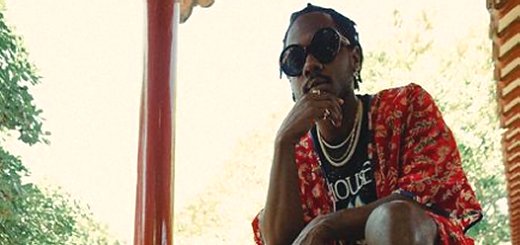
LA-based house music producer Channel Tres is about to drop his debut LP 'Real Cultural Shit', but the voyage to accepting himself as a house musician in LA's Compton wasn't easy. “At the time you had to be ‘hard’ and a certain type of way. I knew I wasn’t like that. I liked to dance, and that wasn’t always cool. When I saw Moodymann and how gangster he was with house music, I was like: ‘Oh, I could do this! I don’t have to give up my whole hood energy” - he says to the Guardian. He studied music theory at university where he discovered the electronic sounds - “It was kind of like a coming-to-Jesus moment. I started seeing like, ‘Oh, there’s these Black people creating this type of music? People from London came to Chicago and got this music, and now it’s popular over there?’”. His next step is to try and reach big venues such as stadiums, and to continue exploring choreography - “I see creativity in everything. In architecture, cooking, administration work. You have to be creative to problem-solve.”
